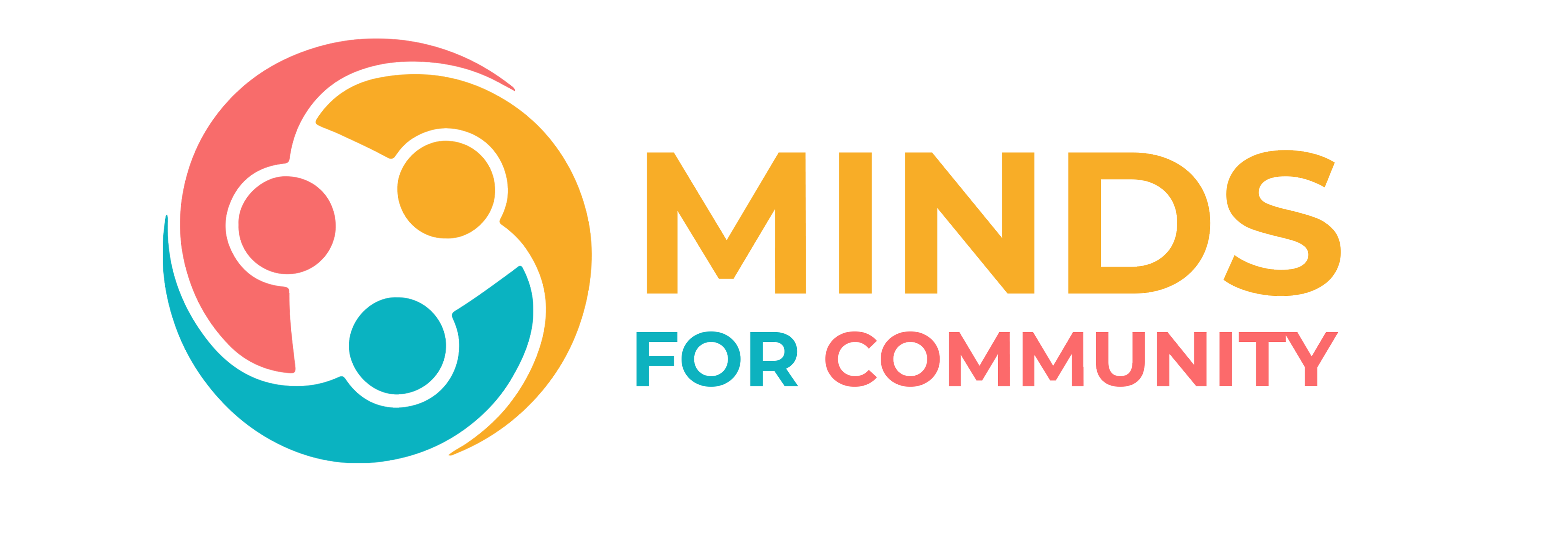Many students face a major dilemma when thinking about their career future, as they find themselves confused between different fields without a clear understanding of what suits them. Failing to define career interests early on can lead to several negative consequences that impact students’ academic and professional lives.
1. Lack of Direction and Clarity
When students don’t have a clear vision of their career interests, they may struggle to choose the right major. This often leads to random decisions that do not reflect their true passions, causing feelings of uncertainty and dissatisfaction.
2. Wasting Time and Effort
Many students realize, after years of study, that the field they chose does not suit them. This can force them to switch majors or start over, wasting time, effort, and even money.
3. Lack of Motivation and Job Satisfaction
Working in a field that does not align with one’s interests and passions often leads to boredom and decreased productivity. Without internal motivation, work becomes a burden rather than a source of inspiration and creativity.
4. Fewer Opportunities for Success and Excellence
People who work in fields they love have a higher chance of excelling and innovating. On the other hand, those who choose a major that does not align with their interests may find it difficult to compete and stand out.
How to Avoid This Problem?
Discover Interests Early: Students can explore different fields through internships, volunteer work, or small projects to understand what suits them best.
Seek Career Guidance: Speaking with career counselors or professionals in the targeted field helps in gaining a clearer perspective.
Think Long-Term: It is essential to ask: “Can I see myself in this field for years to come?”
Defining career interests is a crucial step toward ensuring a successful and fulfilling future. Therefore, students should invest time in exploring their passions and making well-thought-out decisions to avoid future regrets.






